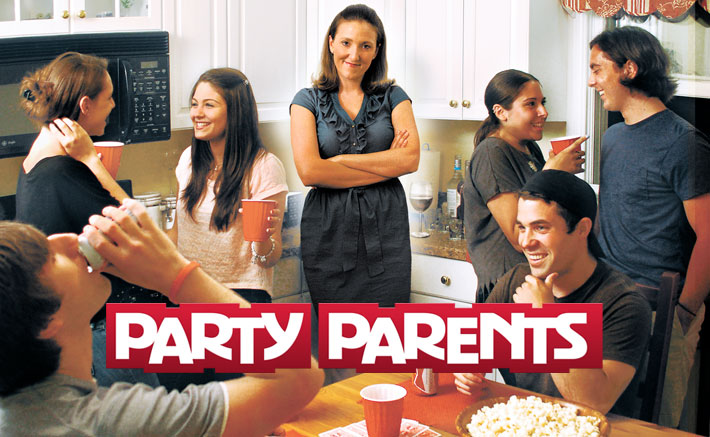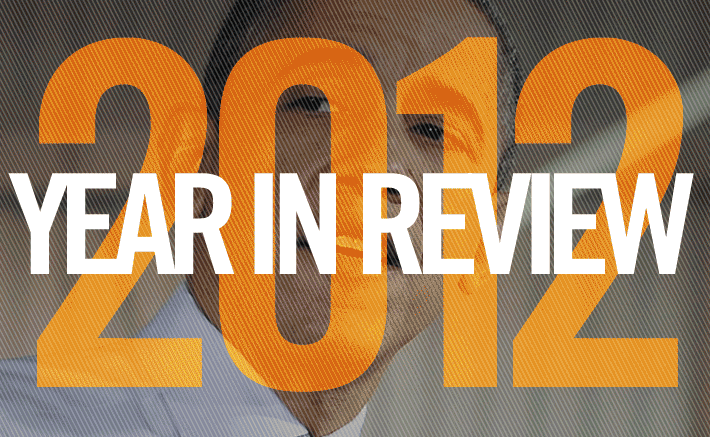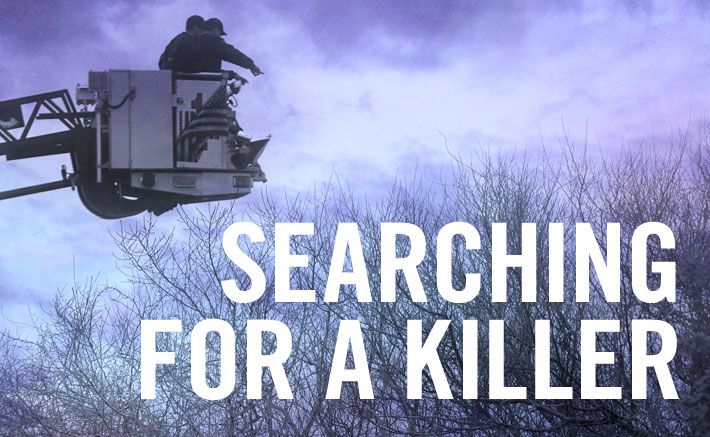
I’LL HAVE ANOTHER
LI politicians did not take lightly the task of turning their police into the summertime party patrol on an Island that becomes Margaritaville once school’s out.
Nassau lawmakers may have unanimously approved its social host law in June 2007 after the City of Long Beach became the first municipality in the state to enact it, but when Suffolk took up the bill six months later, a legislative pub brawl broke out. For those old enough to remember when 18-year-olds could drink and be shipped off to war but voters had to be 21, the social host law was tough to reconcile.
Legis. William Lindsay (D-Holbrook), presiding officer of the Suffolk legislature, confessed before the law passed at the Dec. 3, 2007 meeting that he would have been in violation for giving his then-20-year-old nephew a beer at a party upon the young man’s return from serving in Iraq.
“We’re asking these young men to go out and risk their life, but I would have been violating the law to give them a beer,” he said, before joining Legis. Thomas Barraga (R-West Islip) in being the only two LI county lawmakers to vote against the law. Both lawmakers later voted in 2010 to increase fines attached to Suffolk’s social host law.
Meanwhile, state lawmakers in Albany have been considering a bill to join the eight other states nationwide with social host laws, although New York is not expected to pass it before the legislature breaks for the summer on June 21.
Former Legis. Jon Cooper (D-Lloyd Harbor), who was the Democratic majority leader when the social host law passed, struggled to see both sides, noting that teenagers drink regardless of what parents and authorities say.
“If it’s unsupervised, [minors] are more likely to drive drunk afterwards,” he said during the 2007 meeting, relaying the unpopular opposition he heard. “[Parents] would rather the kids be able to drink at someone’s home and those parents make sure that the kids afterwards are not driving drunk.”
Given the risks of underage drinking, perhaps this is why the period between Memorial Day and Labor Day is called the “100 Deadliest Days for Teen Drivers.” New York State officials say drivers under 21 represent about 5 percent of licensed drivers, but are involved in more than 12 percent of fatal crashes.
Still, the debate continues over whether to let teens drink at home or not. Back in 2007, when the social host law was first being considered, Denna Cohen, an advocate with the LI chapter of Mothers Against Drunk Driving, cited her own tragedy as a reason for its necessity. Her 21-year-old daughter, Jodi, was killed by a drunken driver in 1989.
“If they go to their friend’s house and they are served alcohol, that parent made the decision for my child,” she said. “They don’t have the right to make that decision for my child. Only I have that right…If my child drinks in my home, that’s my decision, but if your child drinks in my home that shouldn’t be my decision.”
And that is a key wrinkle in the law. If a parent of a minor is present and has consented to their child drinking an alcoholic beverage, the host is not responsible. Of course, most high-school students don’t bring Mom and Dad to their parties.
David Mejias, a former Democratic legislator who authored Nassau’s social host law, says he still gets calls from parents double-checking its details and ramifications.
“There’s always going to be some sort of underground drinking with kids,” he says in his Glen Cove office, where he is now an attorney in private practice. “But there was an epidemic of parents’ buying alcohol for their kids or letting them drink their alcohol that resulted in binge drinking.”






